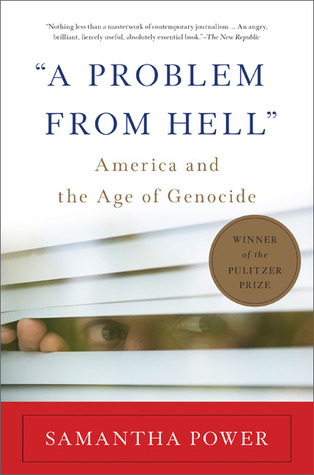What do you think?
Rate this book


656 pages, Paperback
First published March 15, 2002





...it is essential to demand, as Chomsky does, that a country with the might of the United States stop being so selective in applying its principles... he is right to demand that officials in Washington devote themselves more zealously to strengthening international institutions, curbing arms flows and advancing human rights.
The real reason the United States did not do what it could and should have done to stop genocide was not a lack of knowledge or influence but a lack of will. Simply put, American leaders did not act because they did not want to. They believed that genocide was wrong, but they were not prepared to invest the military, financial, diplomatic, or domestic political capital needed to stop it. The U.S. policies crafted in response to each case of genocide examined in this book were not the accidental products of neglect. They were concrete choices made by this country's most influential decisionmakers after unspoken and explicit weighing of costs and benefits